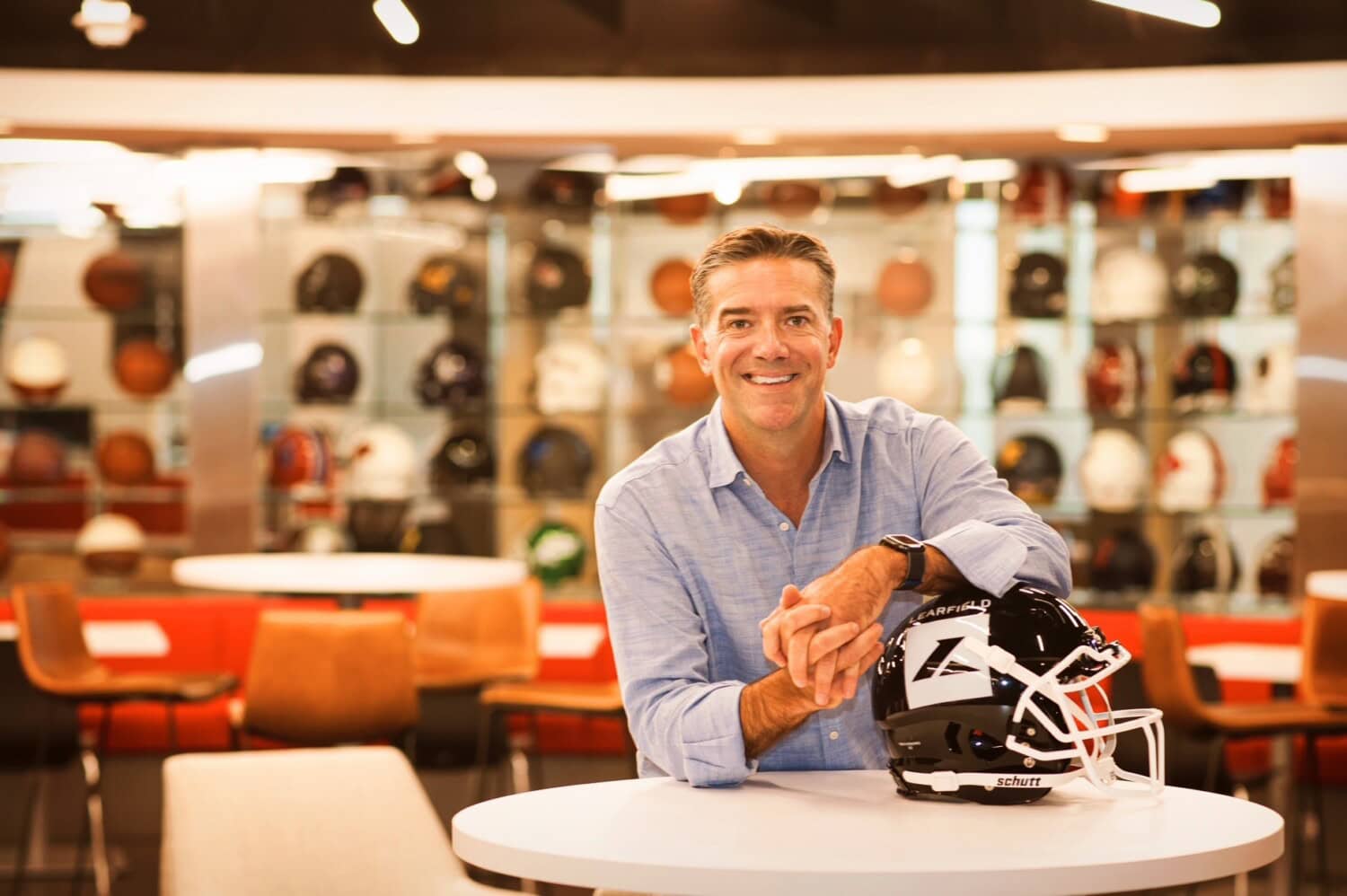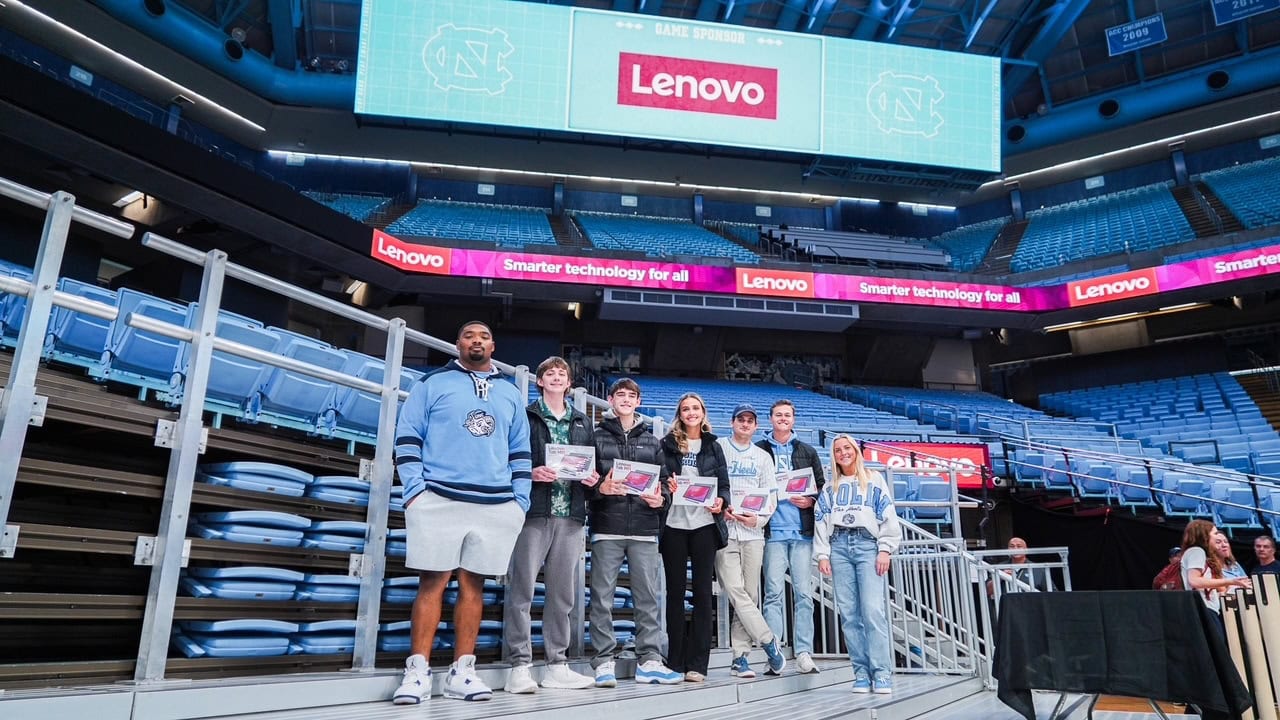With years of industry leadership, Elevate and Learfield have positioned themselves as huge power players in the new NCAA revenue-sharing era.
Earlier this month, the long-awaited House v. NCAA settlement was officially approved by a U.S. District Court judge, codifying an agreement for schools to directly pay student-athletes for the very first time. As I laid out in this 101 guide last week, NCAA Division I colleges that opt in are required to pay up to $20.5 million in revenue sharing directly to players, hundreds of thousands of former players will split $2.75 billion in backpay over the next 10 years, and a new NIL clearinghouse was formed to oversee approval and compliance.
In this new era of college sports that officially begins on July 1, colleges and universities will be more incentivized and motivated than ever to not only generate new and greater revenue streams to solvently reach this $20.5 million cap, but to help generate and source NIL deals for players so they can afford top talent while remaining cap compliant.
At least two companies that have long established themselves as trusted partners are uniquely positioned to help schools meet these exact needs.
Just two days after the settlement was made official, Elevate Sports Ventures announced a $500 million college investment initiative, backed by Velocity Capital Management and the Texas Permanent School Fund, which will provide schools with capital for various needs, extending and expanding Elevate’s ongoing initiatives.
Elevate also said that two Power 4 schools — meaning schools in the SEC, Big Ten, Big 12, or ACC — have already reached new lucrative agreements with the company, with 20 other schools (eight in the Power 4) already in talks as part of the new initiative on arrangements averaging $10 million or more.
Licensing and NIL giant Learfield said it would amplify its plans to help schools generate more revenue and NIL opportunities after the company said it helped facilitate $140 million in NIL deals over the 2024-2025 academic year, doubling its previous year’s total.
“What’s probably underreported is the amount of infrastructure that’s happening on college campuses,” Al Guido, Elevate’s chairman and CEO as well as the San Francisco 49ers’ president, told Boardroom. “And if you look at all the facilities in the Power 4 conferences, most of them have been built before or not majorly touched since WWII.”
Guido claims that $3 billion in infrastructure projects are planned on college campuses in 2025, with another $10 billion in planned projects over the next five years. Combined with existing technology-based services and offerings that help schools like Illinois optimize their ticketing, you have a company well-suited to help facilitate whatever project a school needs.

While reports last week claimed UCLA and Penn State were the two schools that inked eight-figure deals with Elevate, becoming the first two schools to take on private equity money, Guido, the Bruins, and the Nittany Lions have all denied this arrangement.
“From an equity perspective, it is difficult to see how private equity capital injections can work in college athletics,” Cole Gahagan, Learfield’s CEO, told Boardroom. “PE firms are looking for a rate of return on that investment. Typically, that translates to an exit down the line. Fundamentally, it’s hard to understand how a university can be executable as a traditional investment.”
Learfield claims 12,000 brand partners and the marketing and sponsorship rights of more than 150 college properties, facilitating deals through its Learfield Compass platform by onboarding student-athletes. Those athletes, properties, and partners team up with Learfield Studios, a content production and distribution division that brings these brand deals to life. All these services are now combined into a brand called Learfield Impact that will serve as a one-stop shop platform for thousands of athletes and schools, now more than ever.

Last week, on the same day Elevate announced its $500 million initiative, Learfield announced that it launched Buckeye Sports Group with Ohio State, pairing Learfield Impact NIL services with functions that would normally be undertaken by an NIL collective, like deal facilitation and management, athlete support, and services.
“My guess is that’ll be indicative of what we see more and more on college campuses going forward,” Gahagan said.
With all the disruption going on in collegiate athletics now and in the foreseeable future, David Abrams, Velocity’s founder and managing partner, told Boardroom that Elevate is well positioned to do more for Division I schools, both large and small, as they need more revenue streams now than ever before, especially when it comes to capital infrastructure projects or whatever a client may require.
“We’re economic partners in collective value creation,” Abrams continued. “This is a very differentiated approach because we are not trying to buy someone’s program. This is the transition of a very large industry that has been undercapitalized and needs the expertise of a partner like Elevate.”
Most of the schools looking to partner with Elevate have an existing relationship with the firm, Guido said. So if a school wants a facility renovation to reconfigure an arena to better utilize premium spaces like a luxury courtside lounge to better compete with a local pro team, chances are that the company already knows its product mix, customer base, and a good idea of existing infrastructure. And if it’s a prospective new client, Elevate already has longstanding expertise in sports and entertainment and can deliver on nearly a decade of best practices.
While Elevate shies away from the NIL landscape and focuses more on physical and technological capital infrastructure projects, Learfield has deftly positioned itself as the NIL industry leader. But Gahagan expertly describes how his company delivers value to its clients in a way that’s also accurate for Elevate without delving into direct private equity investment.
“If we continue to do our jobs right, innovate and deliver new products and services to the market that are of value to the schools, athletes, and brands, then there’s a rising tides effect,” he said. “The schools are doing better, the brands are doing better, the athletes are doing better, and Learfield is doing better. And then the investors in Learfield are the beneficiaries of that continued growth and success.”
With up to $20.5 million allocated toward player pay this coming academic year, schools, both large and small, will need new streams of revenue to remain both fiscally and physically competitive. And if the biggest revenue-generating schools like Ohio State are partnering with companies like Learfield, smaller Power Four schools and DI programs outside of the major conferences are going to enlist Elevate and its competitors for ways to get and remain on top. While competitors old and new will surely be jostling to align with programs for this infrastructure boom that Guido mentioned, Elevate and Learfield are ideally positioned not only to fill this vital need colleges have under the new revenue-sharing era but also to fill a power vacuum of sorts in collegiate athletics.
“The best way to take advantage of the disruption in college athletics is through our ownership stake in Elevate,” Abrams said. “It is just a natural way for us to benefit from this opportunity. We don’t invest in sports teams, but we’re investing in businesses that are servicing them and helping them achieve their goals.”